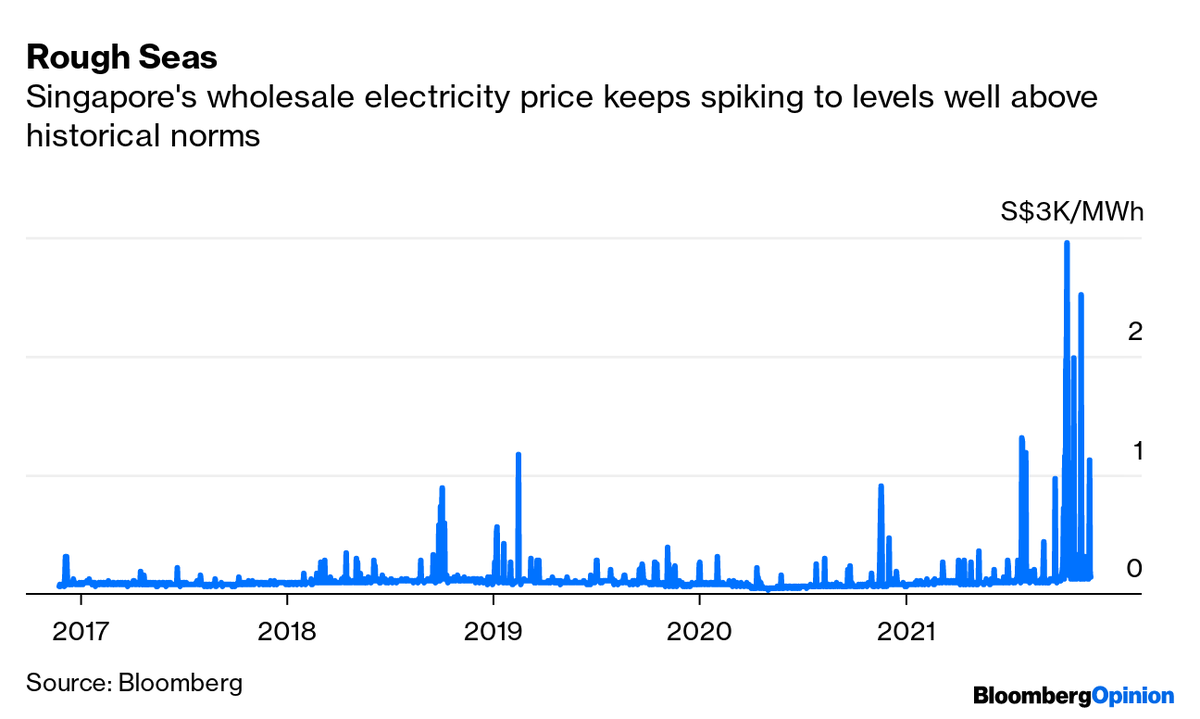
The single most powerful force in epidemic prevention in history has been the U.S. military, ever since the days Washington variolated the Continental Army.
HT @alexbhturnbull
defenseone.com/technology/202…
HT @alexbhturnbull
defenseone.com/technology/202…
The U.S. military was key to developing vaccines against yellow fever and adenovirus and crucial for eradication campaigns against yellow fever and malaria.
To this day a huge amount of vaccine basic research is funded via the Department of Defence, iirc.
To this day a huge amount of vaccine basic research is funded via the Department of Defence, iirc.
Yellow fever, because of its devastating effect on epidemiologically naive expeditionary forces, is probably the most militarily important disease in history.
Yellow fever is why the Haitian revolutionaries managed to defeat Napoleon, why the weakened Spanish empire managed to hold the Caribbean and tropical Americas for three centuries, why Bolivar's ragtag army eventually managed to drive them out.
It's why America, not France, built the Panama canal — because the U.S. military discovered the mosquito vector and so U.S. engineers could use that knowledge to prevent outbreaks in the canal work camps.
• • •
Missing some Tweet in this thread? You can try to
force a refresh






